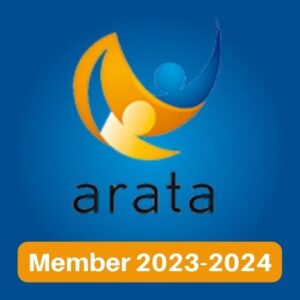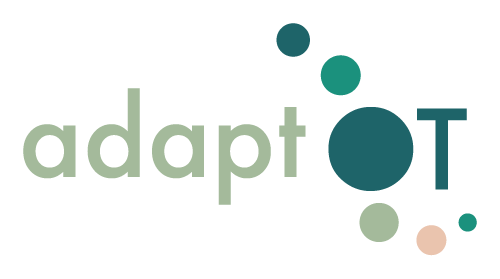Housing and Support Needs Assessments

Let’s start by defining a few NDIS acronyms for you to refer back to:
SDA = Specialist Disability Accommodation

A range of housing designed for people with extreme functional impairment or very high needs (NDIS). The four categories for SDA are High Physical Support, Robust, Improved Liveability and Fully Accessible. Refer to the NDIS website for more information.
SIL = Supported Independent Living

An NDIS funded support that provides help and/ or supervision of daily tasks for you to live as independently as possible, while building your skills (NDIS). SIL happens in your home; usually in a home you share with other NDIS participants. Learn more about SIL here.
ILO = Individualised Living Options

‘Housing and Support Needs Assessment’ is the umbrella term for a range of outcomes that might arise from a broad functional capacity assessment to inform housing options for people with a disability.
NDIS have a range of housing funding options for disabled people who meet particular criteria.
A Housing and Support Needs Assessment includes face-to-face informal and standardised assessments and a comprehensive report that links the findings back to the NDIS criteria and legislation. The sessions take place in each person’s natural environment, usually their current home and community, workplace or other community program meaningful to the applicant.

The applicant or their nominee may request to review our housing report prior to it being submitted to the NDIA.
Sometimes the result of an assessment is that no NDIS funding is applicable to the person, and that’s when our understanding of the mainstream rental market, community housing, publicly funded housing is such an advantage. We have strong links with excellent Support Coordinators and community housing organisations which can be helpful at the ‘what next?’.
There are also times that our assessment has led us to strongly believe that an NDIS funded housing solution is the best option for a client, but the NDIS has declined the application. When this happens we work with the NDIS Participant, their Support Coordinator and other supports to appeal the decision.
We see housing assessments as a specialist area of community Occupational Therapy and as such only allocate housing clients to skilled and experienced OTs who understand the complex interwoven system.
Looking for an innovative Occupational Therapist?
Fill in your details below and we will respond within 48 hours








